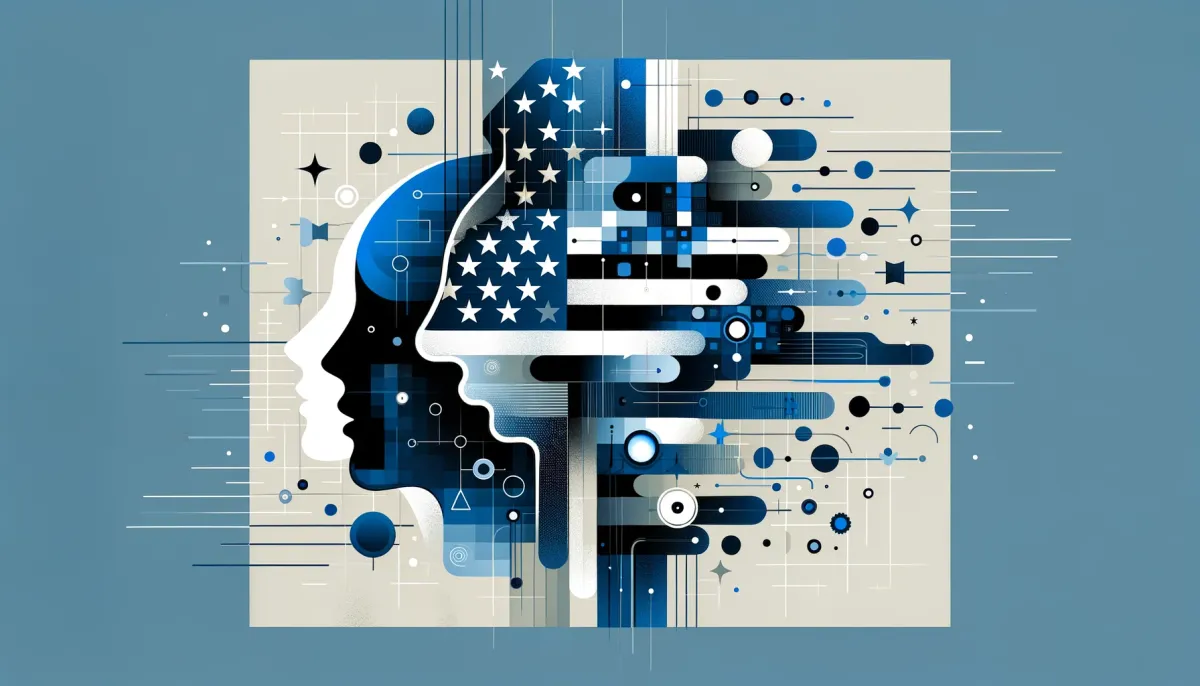This Week In Deepfakes: Navigating the Introduction of Deepfakes in National and Political Security

Former Pakistan Prime Minister using AI-clone to speak from prison.
In a groundbreaking yet controversial move, the former Pakistani prime minister, Imran Khan, leveraged AI deepfake technology to address the nation. This unprecedented act in political communication marks a pivotal moment in the intersection of technology and governance. Using sophisticated AI algorithms, Khan's team created a convincing digital replica of him, delivering a message to the populace. This event not only showcased the advanced state of deepfake technology but also sparked a global conversation about the implications of AI in political discourse and the authenticity of information in the digital age. As we delve deeper into the potential of AI, instances like these underscore the need for a nuanced understanding of the technology's impact on society and politics.
In an era where seeing is no longer believing, the emergence of deepfake technology has presented a complex challenge to national and political security. Deepfakes, sophisticated AI-generated images, videos, or audio recordings that can convincingly mimic real people, are a testament to the incredible advances in AI. However, their potential misuse poses significant threats to the integrity of information, public trust, and democratic processes.
The Rising Threat of Deepfakes in Politics

Deepfake technology has evolved rapidly, becoming increasingly accessible and easy to use. This has raised alarms in political and security circles, as deepfakes can be weaponized to create convincing misinformation. Imagine a scenario where a deepfake video of a political leader declaring war or making controversial statements goes viral. The immediate impact on public opinion, diplomatic relations, and even stock markets could be disastrous.
Moreover, deepfakes can undermine the credibility of genuine multimedia content, leading to a 'liar's dividend' where real misdeeds are dismissed as fake. In the political arena, this creates an environment where truth becomes malleable, and accountability is obscured.
The Challenge of Detection and Legislation
Detecting deepfakes is a cat-and-mouse game. As AI algorithms become more sophisticated, so do the methods for identifying them. However, the pace at which deepfakes can spread through social media often outstrips the ability to debunk them. Governments and tech companies are grappling with the challenge, attempting to create legal and technological safeguards. Legislation aimed at combating deepfakes is in its nascent stages, often focusing on malicious intent and harm caused, rather than the act of creation itself.
The Broader Implications for National Security
The implications of deepfakes extend beyond the political sphere into the realm of national security. Fake videos or audio could be used to impersonate military officials, manipulate public opinion during crises, or spread disinformation that incites violence. The risks are not just external; deepfakes could also erode trust within institutions, as officials question the authenticity of communications.
Turning the Tide: The Positive Potential of AI
Despite these challenges, it’s important to recognize that AI, the very technology behind deepfakes, also holds immense positive potential. AI can enhance efficiency, foster innovation, and solve complex problems in various sectors. In national security, AI can bolster cybersecurity, enhance surveillance capabilities, and aid in intelligence analysis.
A Beacon of Hope
This is where DeepTrust steps in, embodying the positive potential of AI. Our solutions are designed to empower organizations and individuals in the battle against deepfakes and misinformation. DeepTrust's AI-driven tools provide robust detection capabilities, enabling users to distinguish between genuine and manipulated content effectively.
Our technology goes beyond mere detection. We understand that in the fight against digital misinformation, it's crucial to build systems that foster trust and transparency. DeepTrust's solutions are designed to be user-friendly and accessible, ensuring that even those without technical expertise can navigate the complexities of AI-generated content.
Educating and Empowering the Public
DeepTrust is committed to not just providing technological solutions but also to educating the public about the implications of deepfake technology. By raising awareness and understanding, we can collectively build a more resilient society that is better equipped to discern truth from deception.
Looking Ahead: A Future of Informed Trust
As we look towards the future, it's clear that deepfake technology will continue to evolve. But so too will our ability to counter it. DeepTrust is at the forefront of this effort, continuously updating our solutions to stay ahead of the curve.
In conclusion, while deepfakes pose significant challenges to national and political security, they also highlight the need for a balanced approach to AI. By harnessing the positive power of AI and educating the public, we can turn the tide against misinformation. DeepTrust stands ready to lead this charge, offering solutions that not only detect deepfakes but also rebuild the trust that is so vital in our digital world.





